‘We failed’ to stop Sudan war, UN chief admits
The UN secretary-general has admitted failure to prevent clashes in Sudan, where fighting between rival generals has undermined efforts to firm up a truce.
"The UN was taken by surprise" by the conflict, because the world body and others were hopeful that negotiations to settle a political crisis there would be successful, Antonio Guterres told reporters in Nairobi.
"To the extent that we and many others were not expecting this to happen, we can say we failed to avoid it to happen," said the secretary general, who is in Kenya to discuss the Sudan conflict.
"A country like Sudan, that has suffered so much... cannot afford a struggle for power between two people."
Guterres said the two generals must face pressure to agree on a ceasefire, and establish a political dialogue and a transition to a civilian government.
Deadly violence broke out on April 15 between Sudan's de facto leader Abdel Fattah al-Burhan, who commands the regular army, and his deputy-turned-rival Mohamed Hamdan Daglo, who heads the paramilitary Rapid Support Forces (RSF).
At least 550 people have been killed and well over 4,900 wounded, according to the latest health ministry figures.
Need for aid protection
Guterres’s remarks came as top UN humanitarian official Martin Griffiths arrived in the Red Sea city of Port Sudan on an urgent mission to find ways to bring relief to the millions of Sudanese unable to escape. Griffiths called for security guarantees "at the highest level" to ensure desperately needed aid deliveries to war-ravaged parts of the country.
"We know these general assurances need to be translated into specific commitments."
Griffiths said he had been informed by the UN's World Food Programme that six trucks bringing aid to the country's western Darfur region had been "looted en route" Wednesday, "despite assurances of safety and security."
Fighting continues
On Tuesday, neighboring South Sudan announced that the warring sides had agreed "in principle" to a seven-day ceasefire starting from May 4. The two sides have yet to formally confirm the new ceasefire.
The warring sides have announced multiple truces but none has effectively taken hold. The current truce was extended on Sunday by a further 72 hours and was due to expire on Wednesday at 2200 GMT.
Despite the truce efforts, witnesses reported warplanes over north Khartoum on Wednesday and fierce clashes near the state broadcaster's headquarters in the capital's twin city of Omdurman.
"We heard again loud gunfire and anti-aircraft firing at a fighter jet this morning," a resident of south Khartoum told AFP.
Multiple hospitals have been among the facilities struck during the war, and the UN says only 16 percent of Khartoum's hospitals remain fully functional.
Nearly 450,000 civilians have fled their homes, the International Organization for Migration said, including more than 115,000 who have sought refuge in neighboring countries.
More than 100,000 refugees have fled to neighbouring countries in an exodus that has sparked warnings of a humanitarian "catastrophe" with implications for the entire region.
D-8’s role in Iran’s economy after Cairo summit
China slams US as ‘war-addicted’ threat to global security
China ‘firmly opposes’ US military aid to Taiwan
VIDEO | Press TV's News Headlines
President Yoon Suk Yeol to be removed from office
At least 19 Gazans killed by Israeli airstrikes since dawn: Medics
Leader: Iran neither has nor needs proxy forces
US fighter aircraft shot down ‘in friendly fire’ amid aggression on Yemen


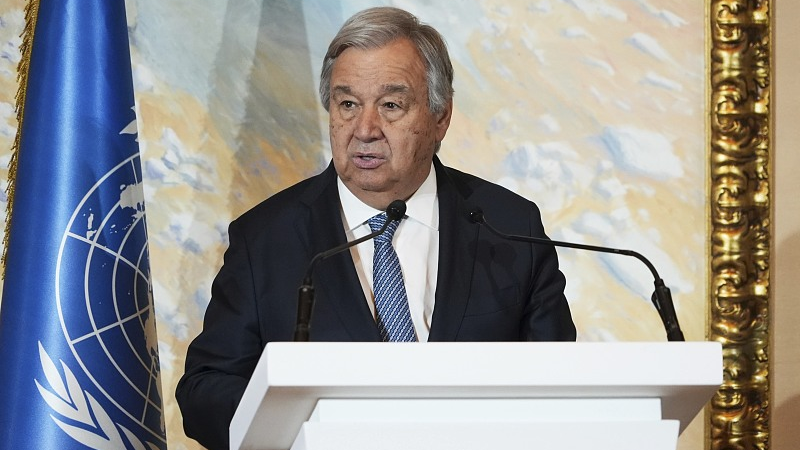
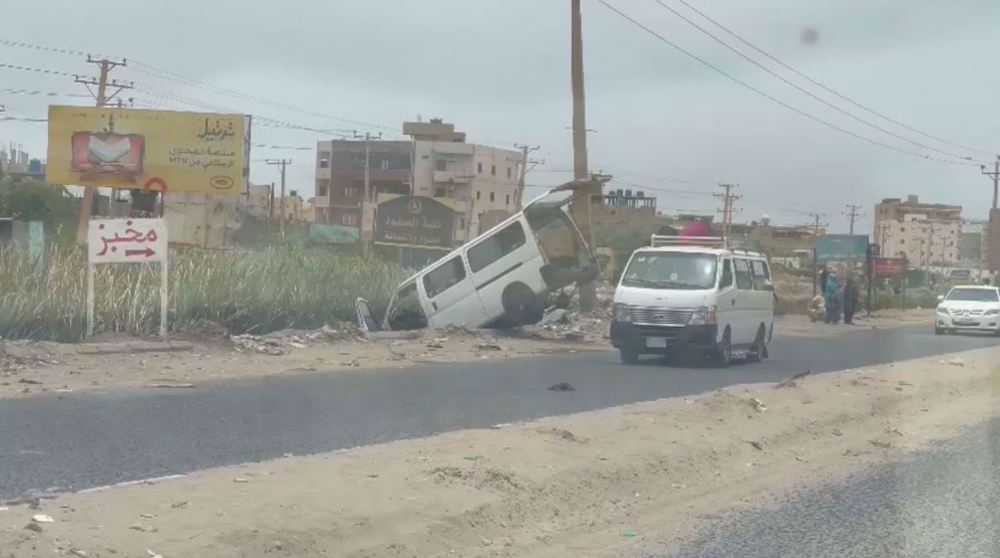

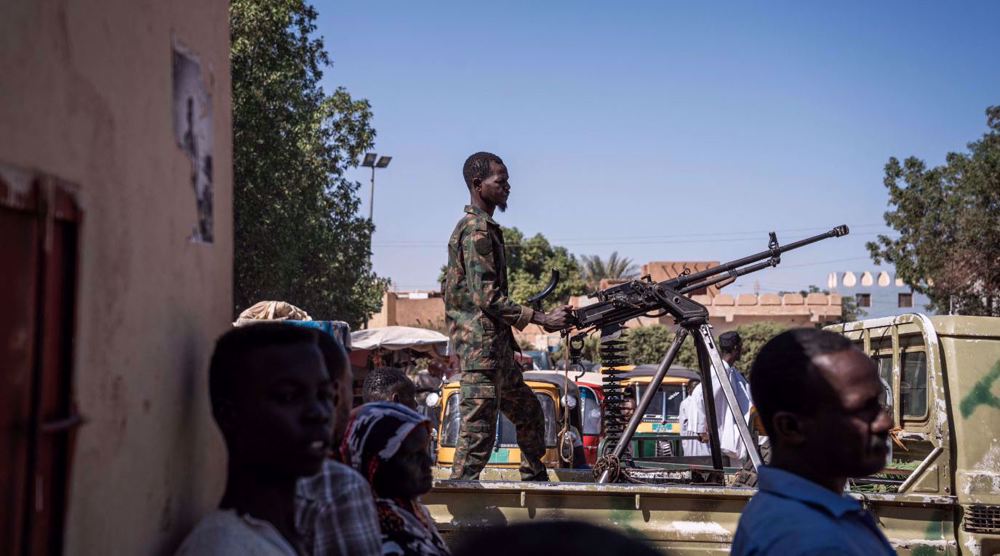
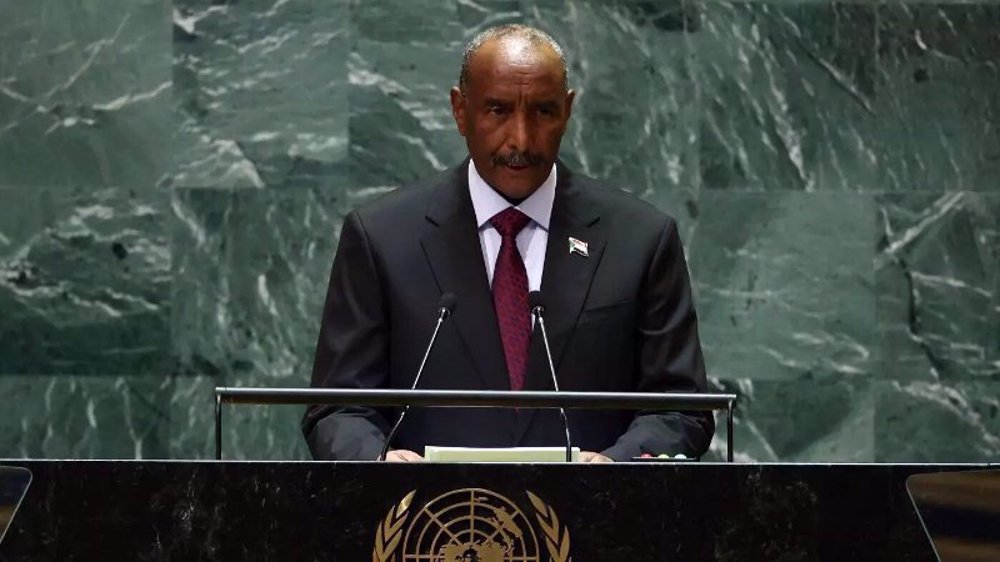



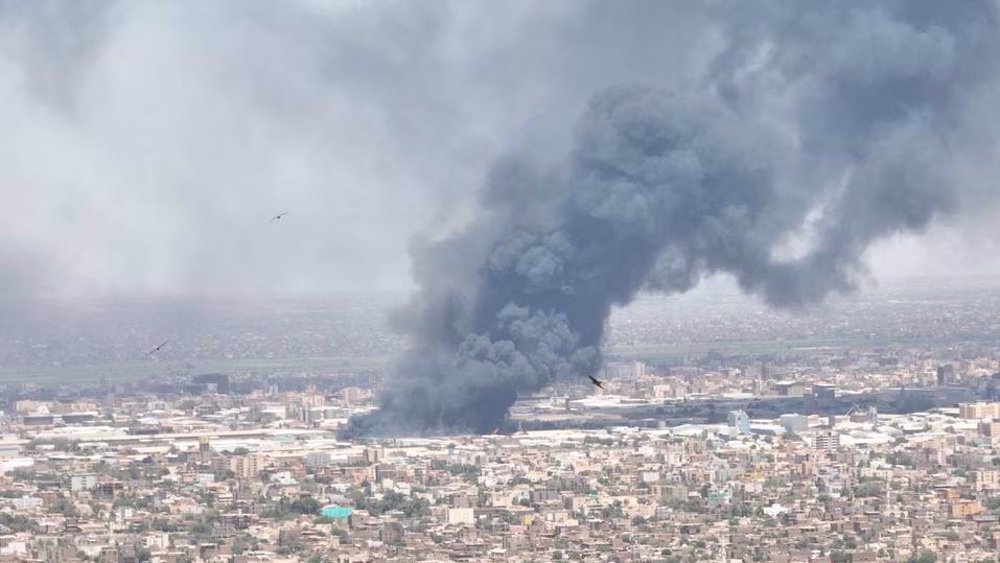

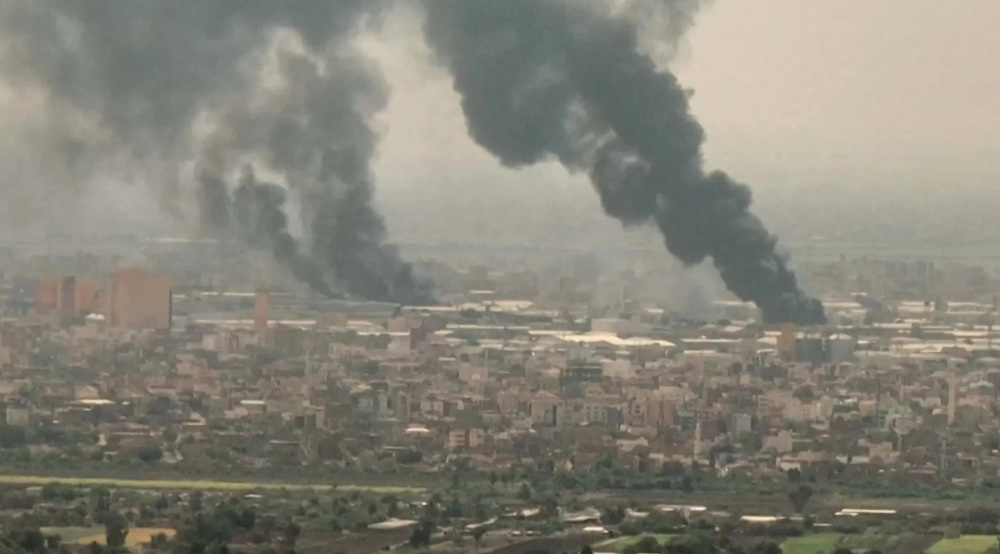
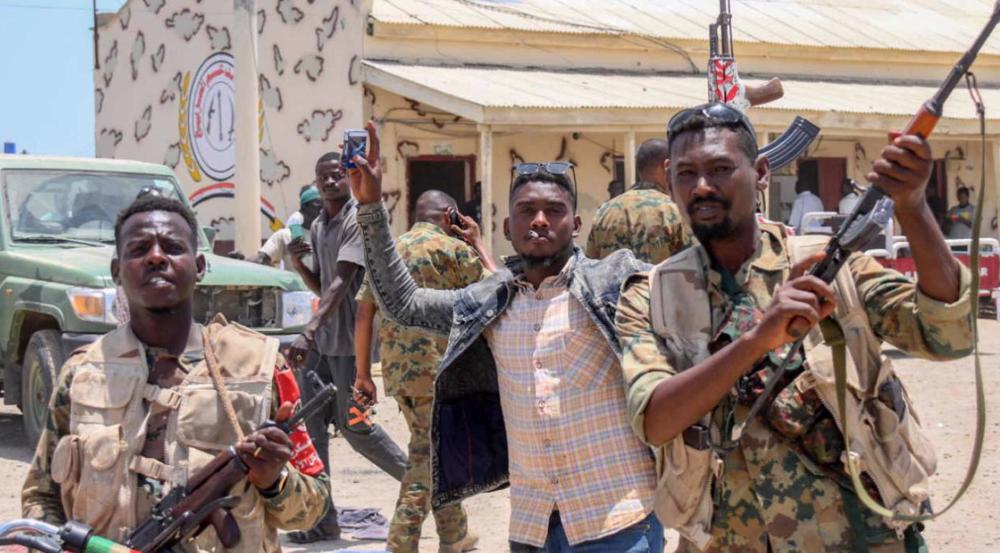

 This makes it easy to access the Press TV website
This makes it easy to access the Press TV website